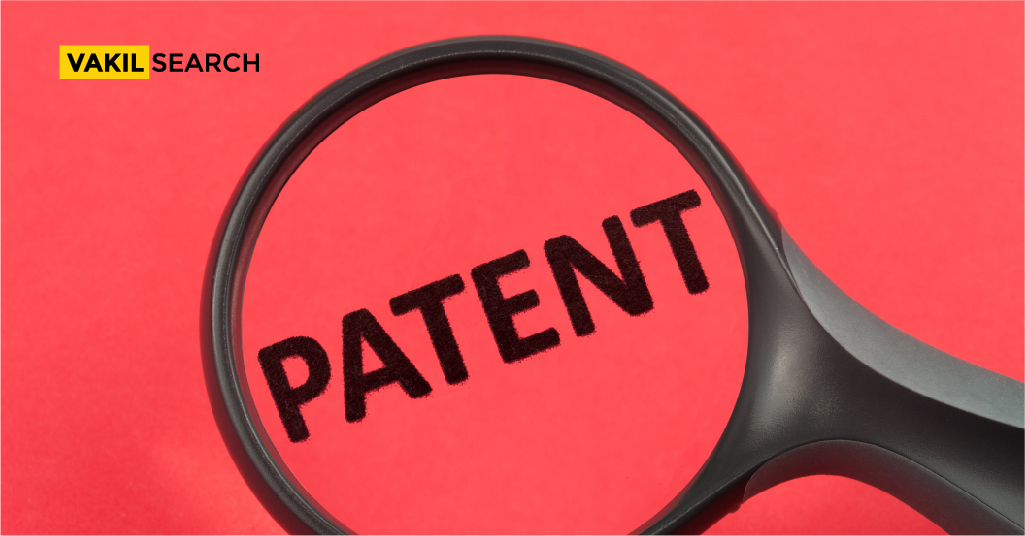Patent litigation financing deals with the financing of legal proceedings pertaining to patent infringement. Learn more regarding the same
Introduction:-
Patent litigation financing focuses on financing legal deals. Building an intellectual property portfolio, in general, is quite a lucrative affair. Patents,s in particular, are literally venerated and held on a high pedestal mainly due to the time and cost involved in getting one granted.
Further, when a patent is monetized, the profits reaped by the organization or the individual are quite commendable. With such high stakes on patents, when the authorized patent owner faces an infringement, the aftermath on the business is quite appalling.
Although authorised patent owners strive with all their might to hold on to their patents, it is not completely possible to prevent infringements. Therefore, the next best thing a patent holder could do to save the patent is to resort to patent litigation.
Patent Litigation Financing:
Patent litigations can often frustrate the patent holders, especially when they have to fight it against affluent and well-educated defendants. Often the defendants may be well-intentioned and it could be a genuine case. There are also instances wherein the litigation could be a result of the actions of an ill-intentioned defendant who has wantonly infringed a remunerative patent.
The defendants often challenge the validity of the patents and novelty of the claims and this could imply that litigations could be more expensive and challenging. The patent holder would have already spent an enormous amount of money and time in R&D to get the patent in hand. Now, opting for a legal battle would most definitely drill a huge hole in the patent holder’s pocket.
This is exactly why patent litigations are an apt fit for third-party financing. Third-party financing enables the plaintiff to gather the required resources to institute legal proceedings while minimizing the risks and expenses.
The most feasible option for patent holders, when an infringement comes up, is to opt for loans from financial institutions. They can also get in touch with patent attorneys and firms that offer probono advice or those who charge relatively less to represent the plaintiff in a patent suit. They can also opt for patent attorneys who charge a contingent fee, which means the plaintiff doesn’t owe the attorney anything if the case is lost.
Third-Party Funding for Litigation in India:
However, in India, there is no express statutory provision that formally regulates third-party funding in India. Yet, there are certain judicial precedents that allow third-party funding on certain conditions. The Code of Civil Procedure, 1908 allows the concept of ‘financer’ of a suit in certain states like Uttar Pradesh, Maharashtra, and Madhya Pradesh. Also, the Act has provisions wherein the third-party financier can be made a party to the suit itself. Depending upon the case, the court may require some kind of security from the financier of the litigation. You Can make Patent Registry online with our Panel’s Experts’ Advice.
In a recent case law in 2017, in Bar Council of India v AK Balaji (2018), it was stated that litigation financing is not prohibited in India, but the only stipulation laid down was that a lawyer should not fund the case of the client. In 1876, the Privy Council had held that third-party financing litigation with mal intent will be considered unlawful. Further, in 2017, a high-level committee appointed by the government of India supported financing in arbitrations. Although the Arbitration and Conciliation Act, 1996 does not mention anything about third-party financing, it was held that the considerations will be similar to that of third-party funding in litigation.
Advantages of Patent Litigation Financing:
i) Steady Capital: The most obvious advantage is that patent litigation financing enables the aggrieved patent holders who have their patents infringed to fight their case in court by providing for their legal expenses. This would enable the plaintiffs to sue even the strongest defendant.
ii) Retaining Capital for the Business: Even if the patent holder: https://ipindia.gov.in/ who intends to file a suit for infringement has the funds to file a case against the infringer, opting for third party financing can help the plaintiff to use the money more effectively for other business purposes. The Design Patent Process is also Important for Everyone.
iii) Calculated Risks: The outcome of any litigation, let alone patent litigation is quite unpredictable. Further, litigation is a time-consuming and complex process. The claimants can be protected by opting for finance from third parties thereby minimising the risks involved
iv) Access to Justice: With monetary support from a financial institution or an individual, the plaintiff could argue for a reasonable settlement rather than settling for a trifling amount due to financial limitations
v) Law Firms can be Benefitted: The law firms that offer to finance patent litigations get a chance to fight high-profile cases. These firms can not only help the plaintiffs who approach them but may also opt to offer financial help by themselves for existing patent litigations.
Also Read:




